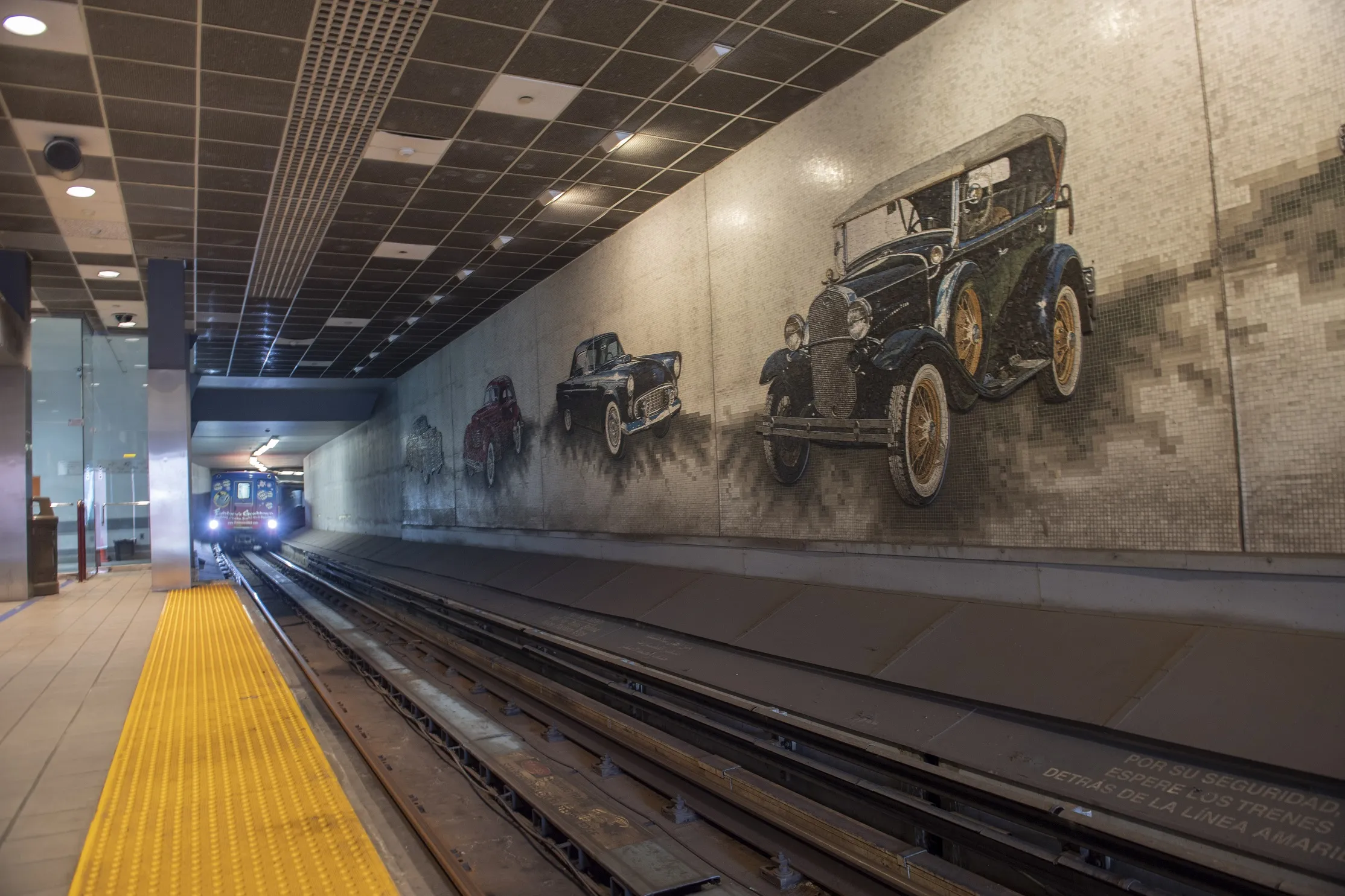
OFME will sit within Michigan Economic Development Corporation (MEDC) and work across state government, academia and private industry on six objectives.
These include expanding smart infrastructure, including the deployment of autonomous and shared transport; speeding up electric vehicle (EV) adoption; engaging more start-ups; and increasing investment in mobility.
Trevor Pawl will be the US state’s new chief mobility officer.
Michigan has a go-ahead reputation in terms of actively looking at future transport solutions, and Pawl was previously senior vice president of business innovation at MEDC, where he led economic development programmes focused on the future of mobility.
This included work by PlanetM, the state-sponsored networking organisation for mobility start-ups, suppliers and communities.
Pawl said it was important to increase the state’s share of EV production, encourage young software engineers and to leverage technology to reduce traffic crashes and fatalities.
At present, most venture capital funding to mobility start-ups in Michigan focuses on hardware - with just 6% on software - and this is an imbalance which OFME will attack.
Jeff Donofrio, director of the Michigan Department of Labor and Economic Opportunity, said: “Developing a holistic statewide approach to mobility and electrification will be critical in helping our economy recover from the Covid-19 pandemic and to creating a more diverse economy and workforce.”
Michigan Department of Transportation has built more than 500 miles of tech-enabled corridors as part of what the state says is the largest Vehicle to Infrastructure technology deployment in the US.










